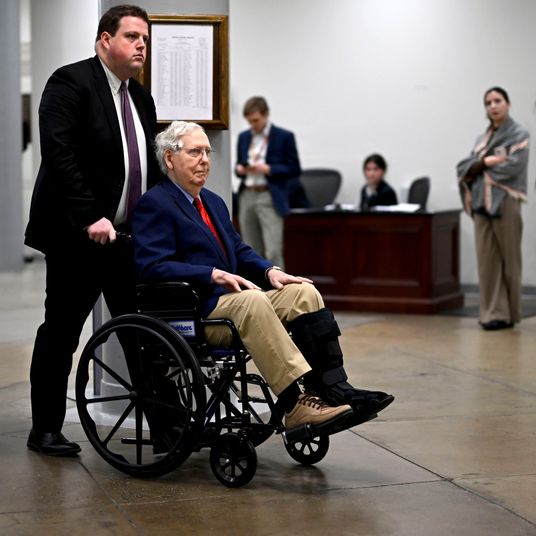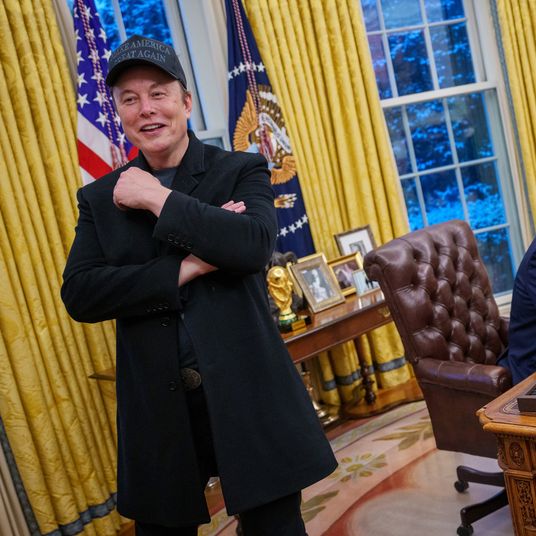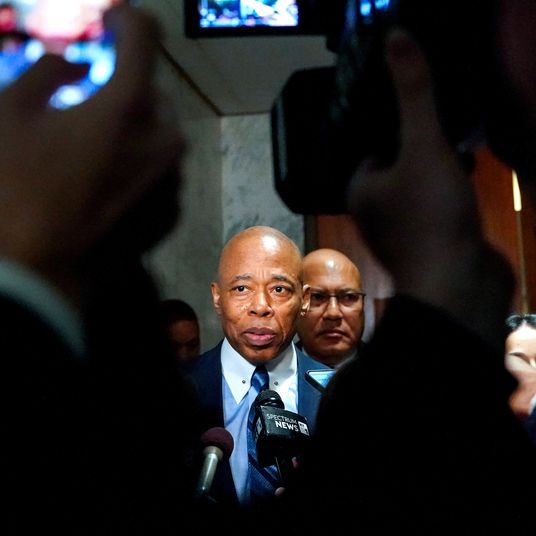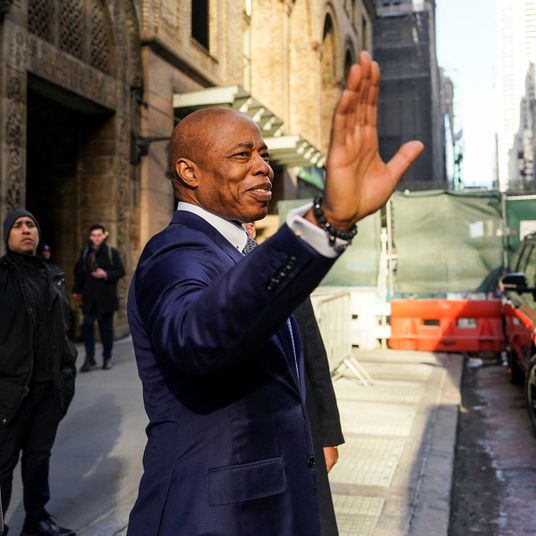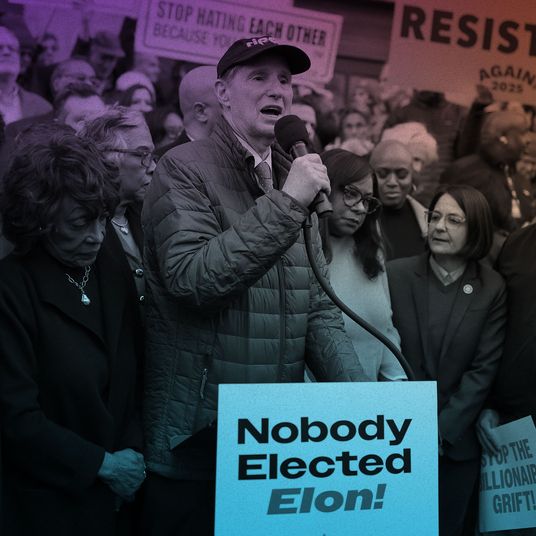Liberals rejoiced yesterday as Senate Majority Leader Harry Reid announced that their be-all and end-all of health-care reform, the public option, would be included in the Senate bill. Even though it’s been watered down with a state opt-out clause, and it’s not even assured of passage, the development continued what has been a remarkable roller-coaster ride for the controversial government insurance program. We’d compare the public option’s experience to that of Lazarus, but that guy didn’t die and come back to life about a dozen different times, as the public option has at least in the media. For now, though, the public option lives. But the policy, and the politics, are as hazy as ever.
• Josh Marshall believes “there is a consensus among the people who understand these issues best on the reform side that this is a good pragmatic compromise that may not be perfect but gets you most of what the public option concept is meant to accomplish.” Oh, and the politics are good, too. [TPM]
• Jonathan Cohn calls this “a major compromise for liberals,” but “it’s also a lot more than liberals seemed likely to get, as recently as a few weeks ago.” And even though all Democrats seem to “understand the importance of passing reform,” the centrists among them still “have the power to kill the public option.” [Treatment/New Republic]
• Ezra Klein agrees that the public option with an opt-out is “about to become the ‘liberal’ half of the debate. But it’s not very liberal at all. It is a compromise, and a conservative one at that.” In fact, “it has been designed to preserve the status quo.” [Voices/WP]
• Chuck Todd and friends call Reid’s decision a “stunning development, and if a public option is included in the final bill, you’ve got to credit the progressive community (liberal senators, MoveOn, HCAN, PCCC, HuffPo) for fighting for it, even if it once looked like a quixotic quest.” [First Read/MSNBC]
• Greg Sargent thinks the reemergence of the public option “challenge[s] several once-unshakable tenets of D.C. conventional wisdom: Liberals always cave. The only way to govern is from the center. Any moves by Dem leaders in the direction of liberals are, by definition, always about positioning and never genuine efforts to forge consensus with the left.” [Plum Line/Who Runs Gov]
• Dana Milbank writes that Reid’s decision “had less to do with health-care policy than with Nevada politics — and one vulnerable senator’s justifiable fear of liberal anger. Now, if the public option unexpectedly survives in the Senate, Reid keeps his hero status on the left. If it fails, he at least gets credit for trying.” [WP]
• Allahpundit calls this Harry Reid’s “attempt at a compromise to save his own ass, featuring a P.O. watered down with a state opt-out clause to try to draw Blue Dogs but with enough tweaks to the tax threshold for ‘Cadillac plans’ to get big labor to stop grumbling about how this bill isn’t ‘robust’ enough.” [Hot Air]
• Marc Ambinder says Reid has “put the onus on non-liberals like Mary Landrieu or Blanche Lincoln, and [is daring] them to join Republicans in openly filibustering health reform.” [Atlantic]
• Michael G. Franc looks at which states might actually opt out. “Given the highly partisan nature of health reform, the 41 states with mixed or total Democratic control are unlikely to press the opt-out button. But, ironically, state legislative and gubernatorial elections between now and 2014 could very well become referendums on the merits of government-run health care.” [Corner/National Review]
• Matthew Yglesias wonders how exactly opting out will work. [Think Progress]
• Howard Kurtz senses that “a half-baked public option, if it passes, won’t be able to live up to the hype.” [WP]
• Michael Tomasky says that “if this thing does pass, it’ll be the biggest piece of progressive legislation to be passed in this country in 40 years. And then, it has to work.” [Guardian UK]
• Nate Silver says the public option with an opt-out clause “really is a compromise, and a substantial compromise.” In fact, it’s “less of a game-changer than either wing seems to think.” [FiveThirtyEight]
• Joe Klein believes that it’s “still a very small, and relatively peripheral, part of the plan. It will make a difference to less than 5% of the population. And, in political terms, if it costs the Democrats a 60-vote majority in the Senate, it will not have been worth the struggle. [Swampland/Time]





